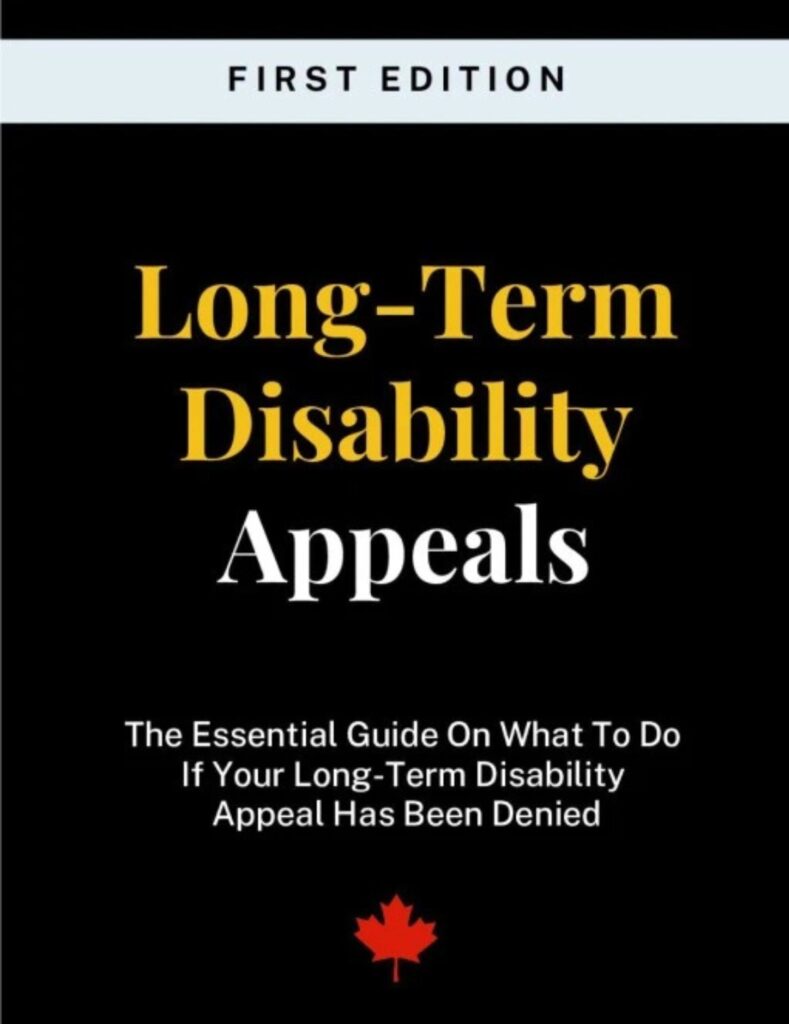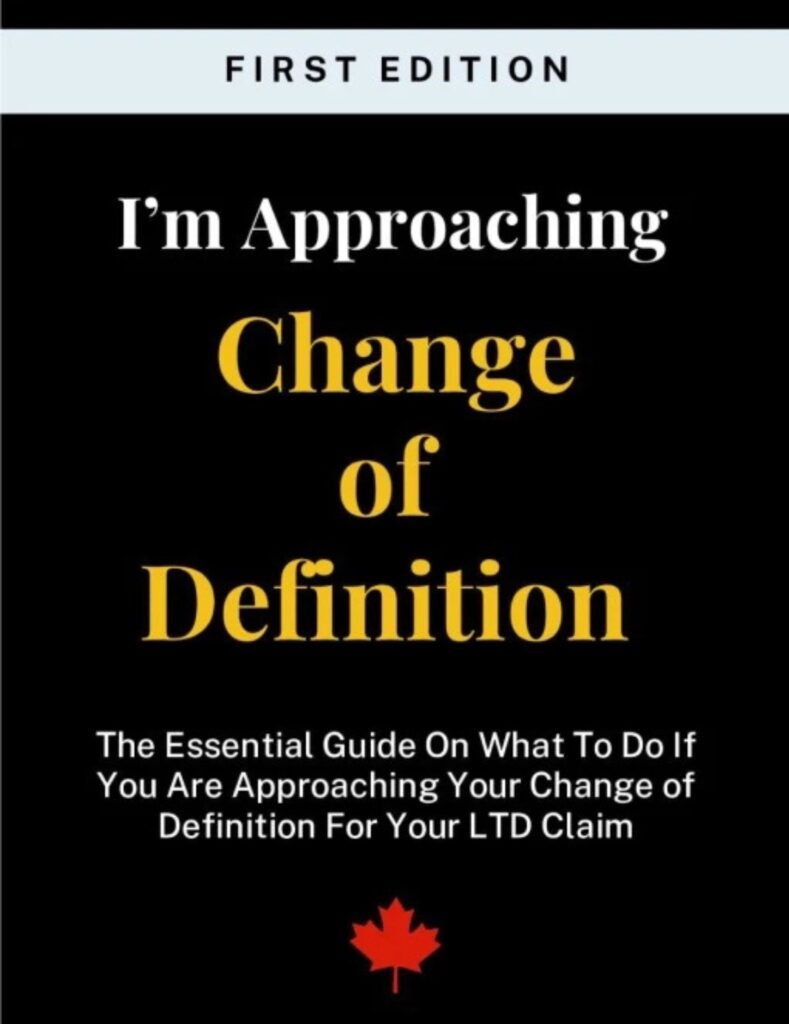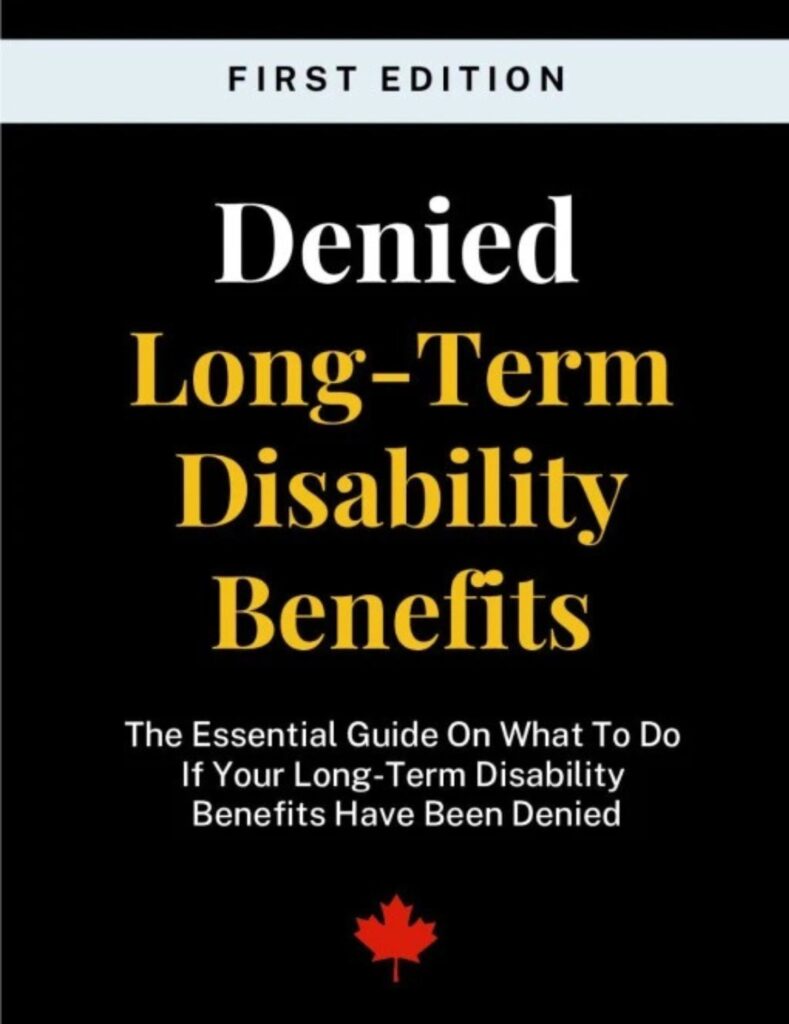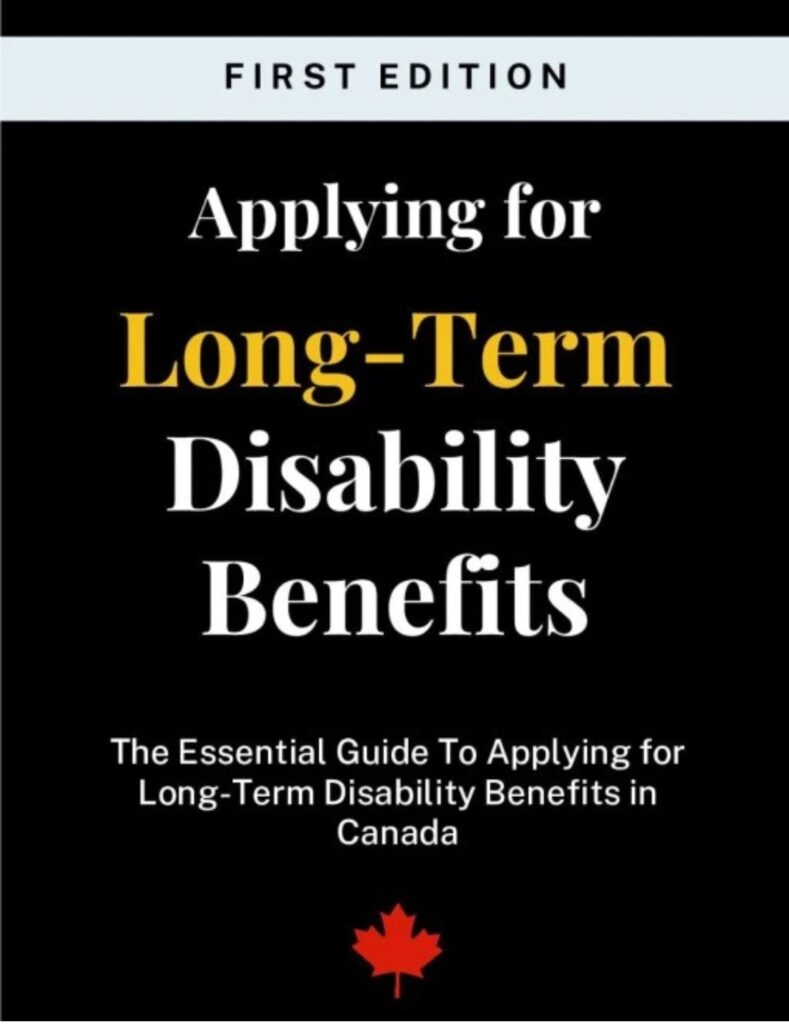Toronto Multiple Sclerosis Long Term Disability Lawyer
Find out if you have a case today.
Contact our Toronto long-term disability lawyers for a free consultation if you have legal questions regarding your long-term disability claim.
Table of Contents
Your Long-Term disability (LTD) insurance should be there to replace your income if you are unable to work due to multiple sclerosis.
Unfortunately, the insurance company may deny your claim for a number of reasons, including classifying your condition is relapsing-remitting and arguing that you are able to work.
A long term disability lawyer can help those with MS better understand their Long-Term disability policies and exercise their rights under the terms of those policies.
Point Of Qualification
Multiple sclerosis is a progressive disease with symptoms that can come and go without warning. For MS to qualify for Long-Term disability benefits, it has to impair your ability to work.
Before you file for Long-Term disability benefits, ask yourself:
- Has my doctor diagnosed me with MS?
- Do my symptoms prevent me from working at my current job?
- Have I exhausted my short-term disability benefits?
If you can answer yes to all three of these questions, you may be eligible to collect LTD benefits if you have evidence to prove these criteria are true. After a couple of years, you may then have to prove that your MS prevents you from working in any occupation.
LET US PUT OUR EXPERTISE TO WORK FOR YOU
Tell Us What Happened
Since 1959, we’ve helped thousands of Canadians get the compensation they deserve with their long-term disability claims. One of Canada’s oldest personal injury law firms, personal injury law is exclusively what we do. Book a free consultation today with our top-rated personal injury lawyers.
Our team is available 24/7 to speak with you.

Evidence Of Eligibility
Maintaining regular medical care is a key part of proving the severity of your disability and how it affects your ability to work. By keeping up with regular doctor appointments and treatments, you develop a medical history that we use to help support your claim.
Your medical records are the most critical part of your disability claim, as they reveal many facts about your condition. Before we submit your claim, we look for these items in your medical records:
- Proof of diagnosis
- Consistent care and adherence to treatment
- Types and results of treatments
- Prognosis
The prognosis is an important part of your records. This information is not always available in your records unless you request it. A disability lawyer can work with your doctor to get his or her testimony on your MS symptoms and how they affect you and your ability to work.
Use Of Medical Experts
If your records are not enough to show that your condition prevents you from working, we may bring in other experts to review your case. Vocational experts can testify that your symptoms limit or prevent you from working.
Medical experts familiar with multiple sclerosis may provide additional insight into your condition to establish its severity and the limitations it places on you.
Information from your employer can also help prove your inability to continue working. We might ask your employer to write a letter of explanation of your job duties.
Claim Denial
The most common form of MS, relapsing-remitting multiple sclerosis (RRMS) will create periods during which your symptoms worsen and when your symptoms subside.
During remission periods, you might not experience all or any of your symptoms. However, over time the degree to which multiple sclerosis causes disability may increase during active periods of the disease.
People with RRMS may find that getting the insurance company to approve their disability claim is difficult. Insurance companies might argue that you are able to work during long periods of remission.
That is why we work with your doctor and other experts to establish how often flare-ups occur and prove that your MS is disabling enough to keep you from working.
Helping Your Claim
Documenting your health over a long period of time is critical to support your claim. Keep track of the following events:
- Symptoms flare up
- Symptoms worsen
- You start a new treatment
- You struggle to perform job duties
- You cannot perform all job duties
- You are unable to work at all
Keep track of each symptom, its severity, and how it affects your ability to work. Also inform your doctors that you are filing for long term disability benefits so they are aware. Informing your doctors early can prepare them if we contact them for further documentation or testimony.
Finally, work with a Long-Term disability lawyer who has experience with multiple sclerosis claims. They can anticipate insurance companies’ excuses for denying your claim and actively seek evidence that helps you overcome these obstacles.
Do you live in Toronto? Here’s how we can help:
Proudly Canadian
Award Winning Personal Injury Law Firm
We are proud to be one of Canada’s oldest and long-standing personal injury law firms. Since 1959, we have been providing exceptional legal services and have established ourselves as leading personal injury lawyers in the Canadian legal community. It’s not just the awards that recognize our achievements, but also the wins we’ve achieved for thousands of Canadians with their long-term disability claims.
Case Results
long-term disability Settlements
Please note that past results are not indicative of future results as each scenario presents itself with its unique set of circumstances. But here are some long-term disability related wins we’ve had for our clients.
More long-term disability Topics
Here’s more information on long-term disability related topics that we think you might find helpful.

long-term disability
|
March 12, 2024
Navigating Long-Term Disability and Long COVID in Ontario
Though the days of lockdowns, vaccine passports and physical distancing seem to be mostly behind us, the risk of contracting COVID-19 is still great. At…

long-term disability
|
January 23, 2024
Caring for the Injured: When Family and Friends Provide Support
Unfortunately, victims of personal injuries are often unable to care for themselves, to complete housekeeping tasks or to do chores around the house the way…

long-term disability
|
December 28, 2023
Managing Winter Stress: Mental Health and Long Term Disability In Ontario
As the chill of winter settles over Ontario, it brings with it a unique set of challenges that can significantly impact mental health. The combination…
More long-term disability Video Resources
We also have some videos on the topic of long-term disability claims
long-term disability FAQs
Here are some commonly asked questions for long-term disability claims
Can I appeal a CPP Disability denial?
Yes, CPP denials can be appealed through the Social Security Tribunal, which reviews applications and medical evidence.
What if my doctor doesn’t support my disability claim?
You may seek a second opinion from another qualified physician to provide additional evidence.
Can the insurance company cut off my benefits without notice?
Insurers may stop benefits if they believe you no longer meet the disability definition, but they must provide reasons.
Will my employer know about my disability claim?
Employers usually only know that you’re receiving LTD benefits, not the details of your medical condition.
What happens if I’m approved for CPP Disability benefits?
Your LTD insurer may deduct CPP benefits from your LTD payments. Approval for CPP Disability may strengthen your LTD case.
Can I work part-time while receiving long-term disability benefits?
Sometimes, policies allow partial benefits if you can work reduced hours. The rules depend on your policy language.
Can my LTD benefits be taxed?
Taxation depends on whether your premiums were paid with pre-tax or after-tax income. If your employer paid the premiums, your benefits may be taxable.
What if my employer terminates me while on disability?
Employment termination doesn’t automatically cancel your LTD benefits. Your coverage may continue as long as you were covered when you became disabled.
LONG-TERM DISABILITY BENEFITS DENIED OR CUT-OFF IN TORONTO?
Call Our LTD Lawyers for FREE Now
We take on insurance companies for you
Learn how we can challenge your denial or termination and help you secure the benefits you’re entitled to.







